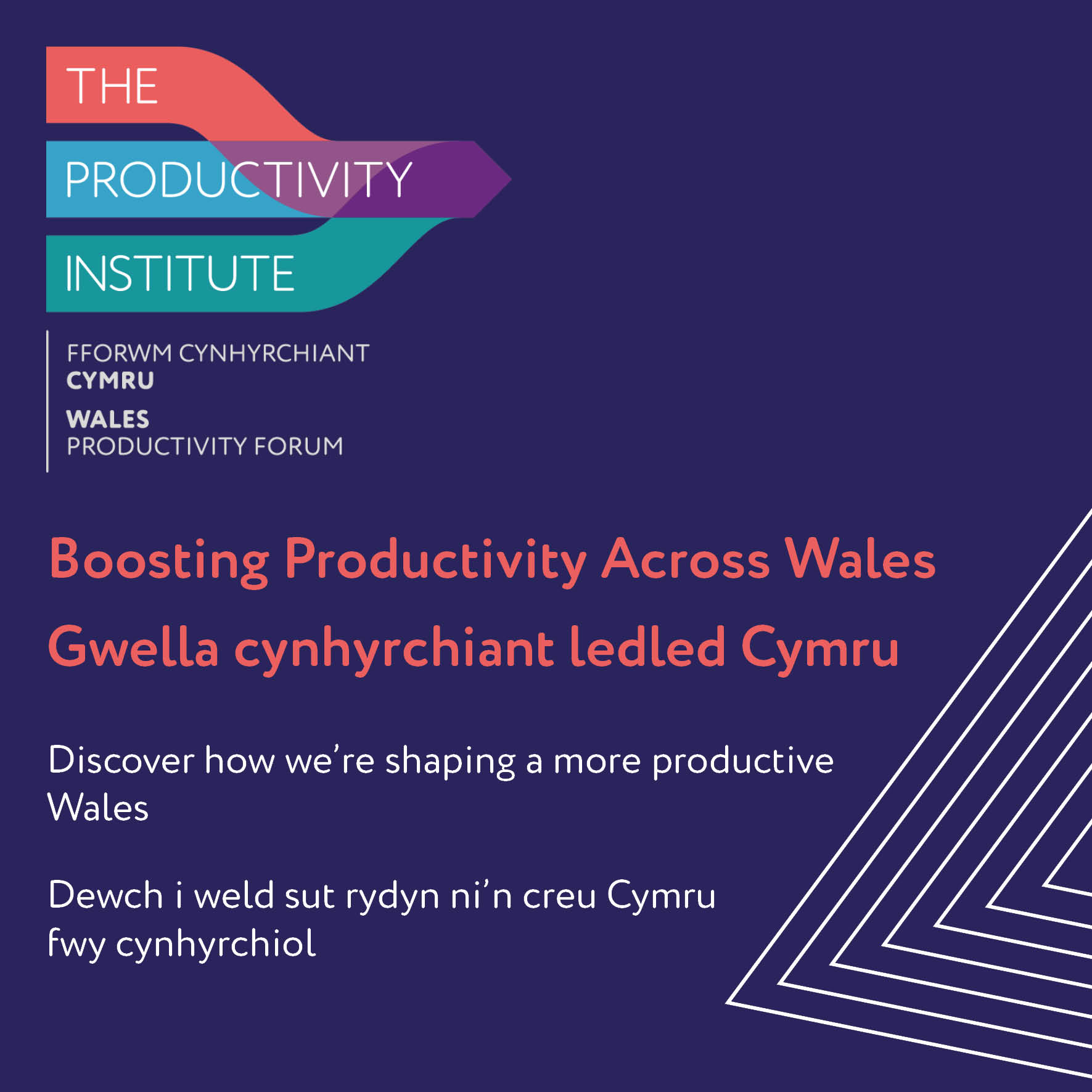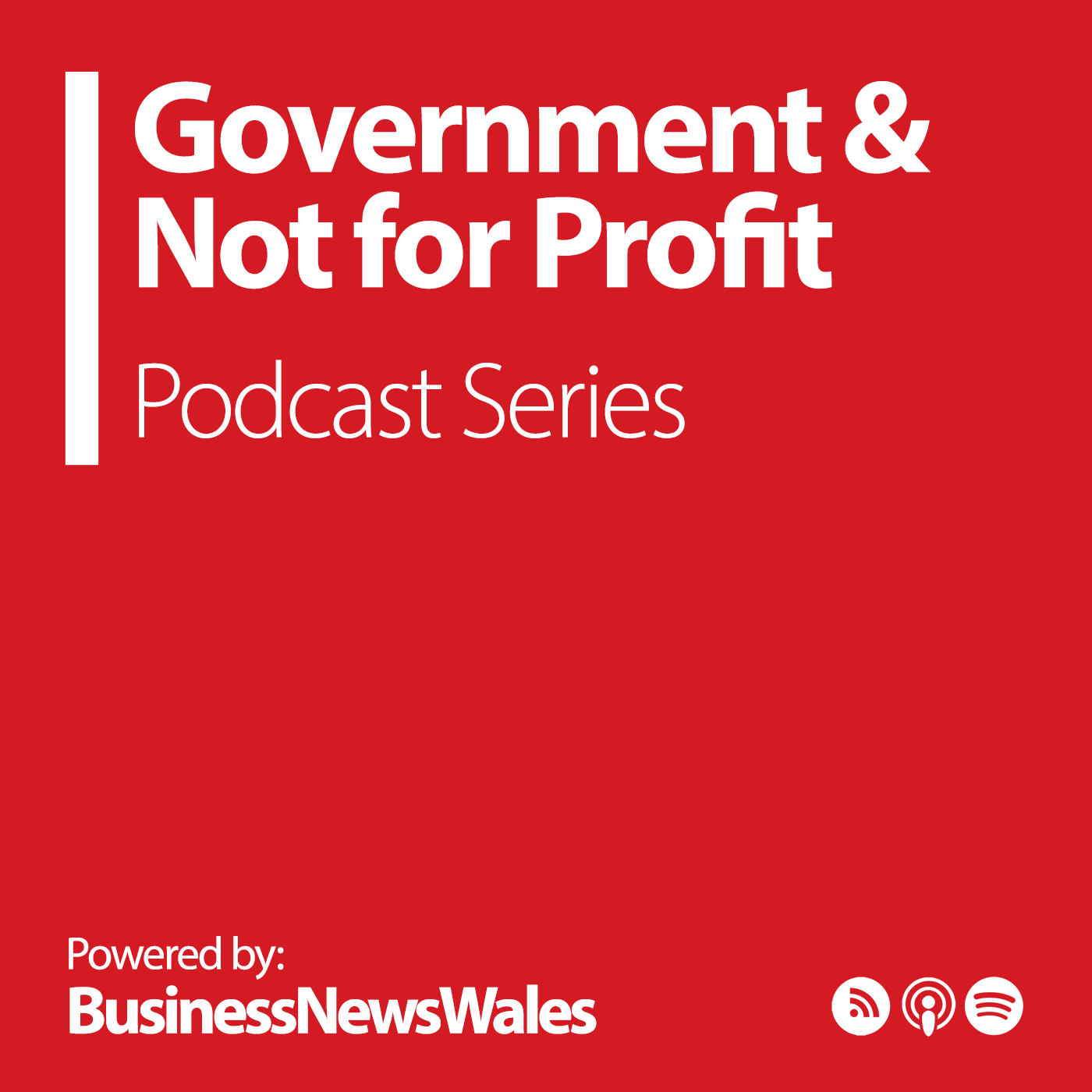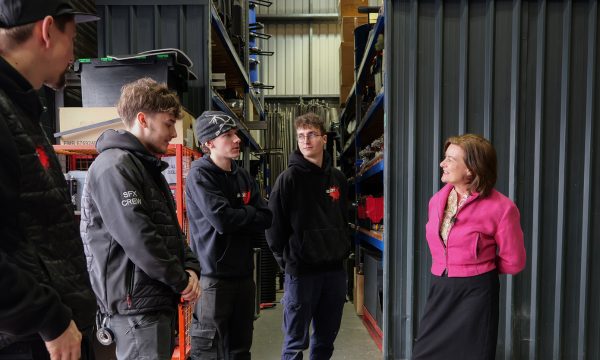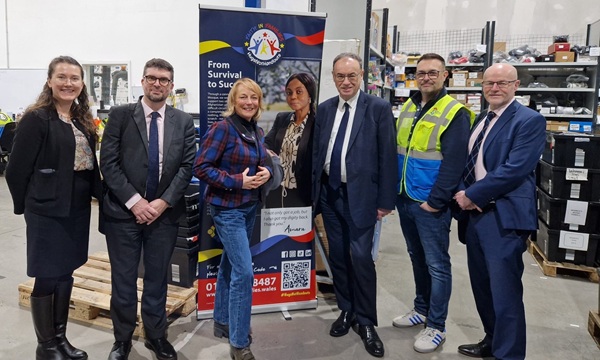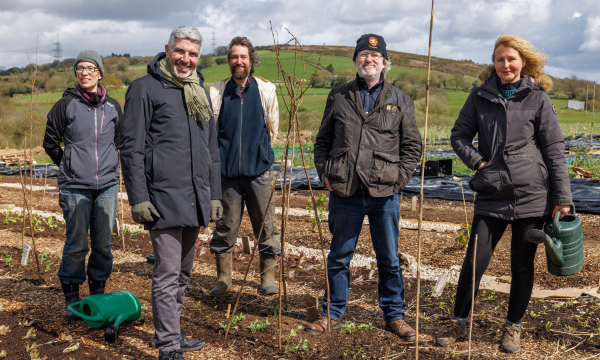
GUEST COLUMN:
Cllr Paul Miller
Deputy Leader and Cabinet Member for Place, the Region and Climate Change
Pembrokeshire County Council
For the first time in over a decade, I’m feeling genuinely optimistic about the year ahead for local authorities in Wales.
The draft budget outlined by the Welsh Government, bolstered by increased funding from the UK Government, is a marked improvement on what we’ve experienced in years gone by. While challenges remain, this settlement offers a glimmer of hope for those of us tasked with maintaining the essential services our communities rely upon.
Make no mistake, 2025 will still bring its fair share of difficulties. Cuts and savings are inevitable, and this isn’t a scenario where we’re suddenly able to expand services or invest heavily in new areas. But compared to the trajectory we were on, this is a better place to be. For local authorities like Pembrokeshire County Council, it means fewer cuts than we might otherwise have faced and the breathing room to plan for a more sustainable financial future.
Alongside this improved financial outlook are the opportunities on the horizon in Pembrokeshire around economic development. Pembrokeshire has a long history of industrial activity, tourism, and agriculture, and these industries continue to define the character and economy of our region. However, the industrial heart of Pembrokeshire, centred around the Milford Haven Waterway, has been in gradual decline since its heyday in the mid-20th century when five oil refineries operated along the waterway. Today, just one remains.
Despite this decline, I believe the industrial potential of Pembrokeshire is greater than it’s ever been. The transition to renewable energy presents a once-in-a-generation opportunity to revitalise our local economy. Floating offshore wind in the Celtic Sea, hydrogen production, and other renewable technologies could be the key to an industrial renaissance – not just for Pembrokeshire but for South West Wales as a whole.
Our efforts to capitalise on these opportunities have been years in the making. For instance, the Freeport status we’ve achieved in partnership with Port Talbot was designed specifically to support renewable energy and industrial decarbonisation. While I have reservations about Freeports as a policy in general, I believe our approach – working closely with Welsh Government and our neighbours in Port Talbot – has created a strong case for investment in renewable energy infrastructure.
This collaborative approach is essential. Industrial giants like Shell and RWE are already laying the groundwork for a hydrogen economy in Pembrokeshire. Their investments in facilities such as Dragon LNG and the Pembroke Power Station are paving the way for local industries to integrate hydrogen as a renewable energy store. These developments could enable the entire South West Wales industrial cluster, from the Haven to Port Talbot, to transition to more sustainable practices.
But the path ahead isn’t without its risks. Securing Contracts for Difference, managing Celtic Sea licensing, and ensuring local content in supply chains will require focused collaboration between local authorities, industrial partners, and both Welsh and UK Governments. This is a complex process, and the stakes are high. If done right, it could create significant local employment opportunities and position Pembrokeshire as a leader in renewable energy.
Beyond the large-scale investments, there’s an equally important role for local authorities in ensuring that our communities are ready to embrace this transformation. From training programmes that equip workers with the skills needed in a renewable energy economy to supporting SMEs to become part of the supply chain, our role is about more than facilitating big projects – it’s about ensuring local people and businesses are part of the story.
I am optimistic about Pembrokeshire’s future and the role local authorities can play in shaping it. The challenges of the past few years have forced us to be more innovative, more collaborative, and more strategic. Now, with renewed opportunities on the horizon, I believe we are well-positioned to help drive positive change both for our local communities and for Wales as a whole.





